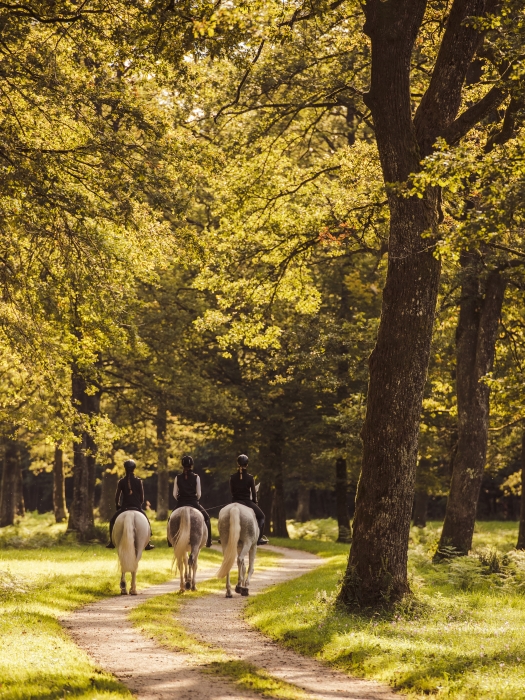There’s nothing nicer than hearing people enthuse about their horses – not in terms of how much they’ve won, but in how much they enrich their lives. Talking to a woman who had just bought her first horse after ten years of sharing other people’s was a delight.
Her story included an inspiring surprise. It wasn’t that she was in her sixties, because horse-owning isn’t a preserve of young riders. Instead, it was the type of horse she’d bought and the fact that he was proving to be perfect.
She wasn’t particularly ambitious and had looked for a horse which was reliable to hack and generally laid-back about life. A quiet cob, she’d thought, or a been there, done it native or native cross.
Instead, she found a five-year-old ex-racehorse. When she announced this all her friends said it would be a disaster, that if he was as quiet as she said, he must have been doped when she tried him.
In fact, he couldn’t gallop fast enough to keep himself warm and had spent a few months being re-educated by a trainer who understood what his life in racing stables would have been like, and how to take him through the transition to “ordinary” life.

Six months after she bought him, she said, he was so laid back he was horizontal. He gave leads out hacking to other horses on the livery yard and when they went for their first beach ride, he lobbed along in canter while the “quiet cobs” performed hoofstands.
This woman isn’t idealistic and she definitely isn’t naïve. As a recently retired solicitor specialising in criminal cases, she had heard enough people giving their versions of what they regarded as the truth to know how to make up her own mind. Horses, she reckoned, were as individual as people.
Most of us will say we’re open-minded, but sometimes we need to remind ourselves that stereotyping horses is as dangerous as stereotyping people. Does anyone really believe that chestnut horses, particularly chestnut mares, are likely to be “hotter” than, say, bays or greys? That’s surely as illogical as the belief that everyone with ginger locks is bad-tempered.
Common sense dictates that the way a horse is educated (or not) and looked after will affect the way he behaves and performs. The quietest horse is going to behave like a numpty if he’s fed on rocket fuel and not worked accordingly and many owners of Thoroughbreds believe their horses are more sensitive than other types.
I don’t know whether that’s always the case, but I do know that some horses and ponies labelled as insensitive or even stupid can blossom when a new owner/rider takes a different approach from a previous one. It also helps to have faith in a horse you just know can do your job perfectly, even if he doesn’t look like the ideal candidate.

A quick search on social media will show you New Forest ponies competing successfully under British Eventing rules, Thoroughbreds eating up the miles in endurance competitions and cobs showing the warmbloods how to do it in dressage. They might not make British teams, but how many of us could do so even if we had Olympic-level horsepower?
So if you find an equine partner with the heart of a four-star event horse beating in the body of a 14hh native pony, or a TB who likes nothing better than the horse equivalent of a chilled-out stroll, make the most of it. And do please share your pictures, because you have every right to be proud.
Whatever type of horse you have, we can cater for their nutritional needs. Our team of Nutritionists and Advisors are here to help, for advice on your horse's diet please call 0800 585 525 or talk to us via live 'chat' at feedmark.com. We'd love to help you.

